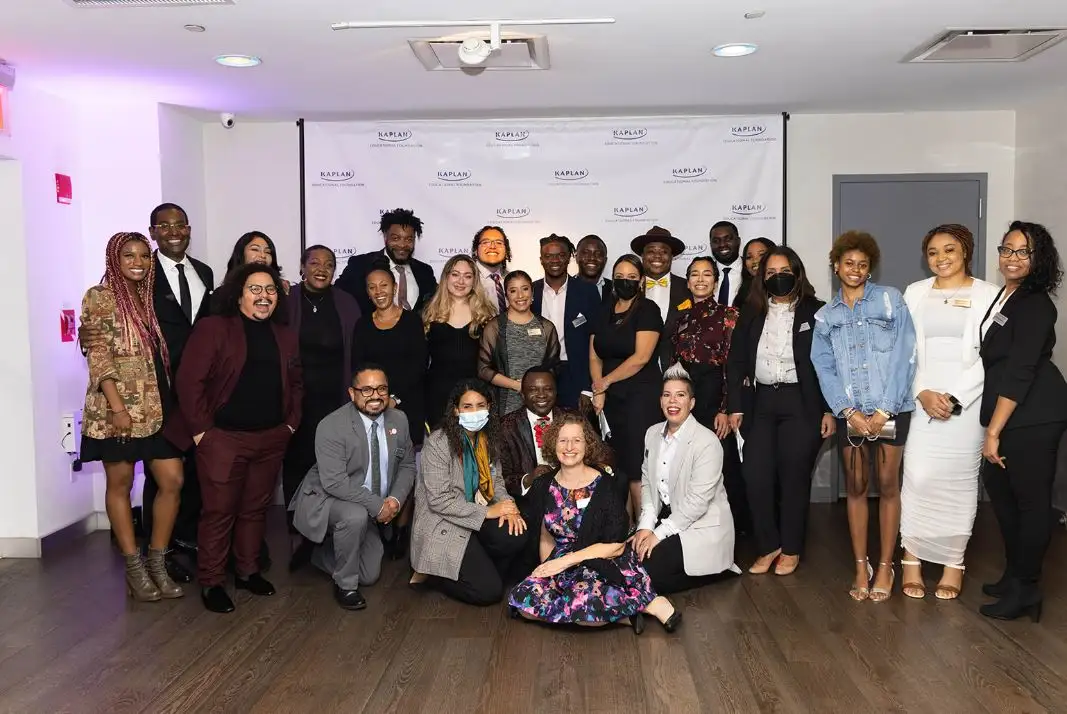

Every Moment Is a Chance to Achieve
Reach the goals that matter most.
Let's Team Up. Select Your Path.
Prep With Us
See All Kaplan Exam PrepKaplan helps students at all stages of their lives, and careers realize their dreams.
Our Mission Since 1938

Equip students and professionals to achieve the goals that matter most to them.

Partner with educators to expand their offerings and bolster student success.

Help businesses attract new talent and unlock the potential in their teams.

Empower students to overcome obstacles and achieve a lifetime of success.
We’ve Got Range
Meet Kaplan Community. Network with like-minded peers, share insights, and get answers from our experts.


Build Futures, Including Your Own
Join Kaplan as we support our students and partners to meet their diverse and evolving needs throughout their educational and professional journeys.
Our Latest Insights and Industry Updates
View All Trends & Insights

The Skills Gap and a Tight Labor Market are Transforming the Pre-hire Process


See How Our Partners Are Finding Success

Lloyds Banking Group: Supporting Apprentices in the Era of Hybrid Work with an Innovative Learning Game

Meet Our Partners: Talking Innovation in Higher Education with Kevin Ross, President of Lynn University
Explore More Offerings
Not finding what you’re looking for?
Search for products, pages, or articles

We're Here to Help. Let Us Guide You.
At Kaplan, we help build futures. Specifically yours. Ready to get started?
Try Our Step-by-step GuideKaplan and the Kaplan logo are trademarks or registered trademarks of Kaplan, Inc. or its subsidiaries in the U.S. and/or other countries.
CFA Institute does not endorse, promote, or warrant the accuracy or quality of the products or services offered by Kaplan Schweser. CFA Institute, CFA®, and Chartered Financial Analyst® are trademarks owned by CFA Institute.
Kaplan Schweser exam preparation products are not available to residents of countries or regions subject to technology or economic and/or trade sanctions by the Office of Foreign Assets (OFAC) or other authorities including Cuba, Iran, North Korea, Syria, or Ukraine (Crimea Region).






